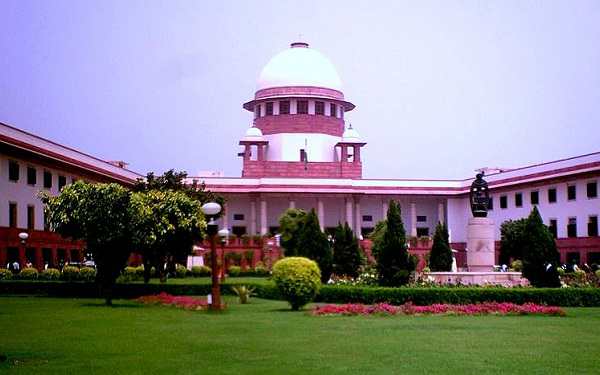There are reports that the Supreme Court collegium has cleared the elevation of Delhi High Court Chief Justice Ms. G. Rohini and Madras High Court Chief Justice Mr. Sanjay Kishan Kaul as Supreme Court judges. It is noteworthy that recently the Constitutional Amendment for creation of a National Judicial Appointments Commission (NJAC) has been notified after the President gave his assent to the said amendment. The NJAC will be taking over the function of recommending appointment of judges to the Supreme Court and High Courts. At present, the Supreme Court collegium performs this function. However, the Gazette notification bringing the said Constitutional Amendment (and, also the NJAC Act, 2014) into force is yet to be issued due to which the NJAC has formally not come into existence as yet. In view of this, if these reports are correct, then the collegium approving the elevation of Delhi and Madras High Court Chief Justices as Supreme Court judges may perhaps be the last such approval by the Supreme Court collegium system that came into being about two decades back.

It is also noteworthy that if Justice Sanjay Kishan Kaul is now appointed as a Supreme Court judge, he may become Chief Justice of India for about one year, during the November 2022 to December 2023 period.
Likewise, if the Justice Ms. G. Rohini is now appointed as a Supreme Court judge, she would be the second sitting woman judge in the Supreme Court. At present, Justice Mrs. R. Banumathi is the only woman judge in the Supreme Court.
Reports about elevation of these two High Court Chief justices as Supreme Court have appeared in a section of media today.
Also see, the following tweets from Ms. Indira Jaising, former Additional Solicitor General of India in this regard:
Supreme Court soon to get its second woman judge Justice Rohini fast tracked via Delhi High Court.
— indira jaising (@IJaising) January 28, 2015
Supreme Court collegium has cleared Sanjay Kishan Kaul for appointment ,the Court will now have three judges from Delhi , normally not done
— indira jaising (@IJaising) January 28, 2015
Of course, the recommendation of the SC collegium for their elevation has to be formally approved by the President of India (read the Central Government).
Update (28 February 2015): It appears that the reports of the elevation of the Chief Justices of Delhi and Madras high courts were perhaps not correct. Meanwhile, as reported here, Chief Justice of Orissa High Court Amitava Roy has been appointed as Supreme Court Judge and he has taken oath as judge of the Supreme Court on 27 February 2015.

